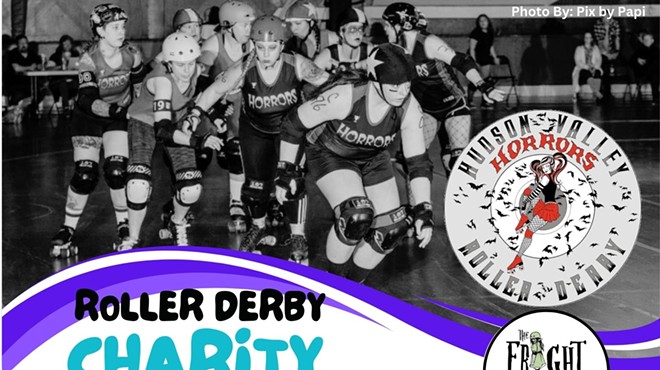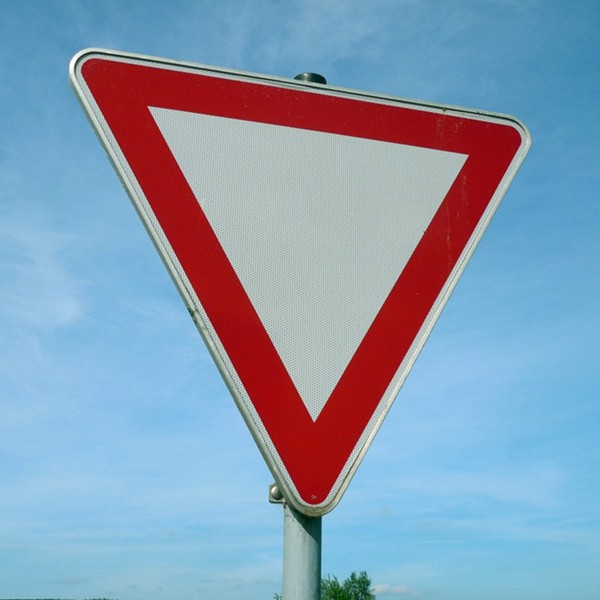Yes, the world is an illusion. But Truth is always being shown there.
—Subhani, a 13th-century Persian Sufi teacher
Esteemed Reader of Our Magazine:
I stood on the side of the road with my thumb extended. The day was sunny and cold. Cars sped by, and I looked at each person's face as a hunter might assess his prey. Some saw me and looked away, others seemed not to notice a person standing on the shoulder in a state of need.
Unaccustomed to studying the faces of drivers, I was struck by the sense of isolation of people in their cars. Men and women, young and old, driving trucks or family vans or compacts or German sedans looked preoccupied, distracted, and alone.
Studying faces in brief snapshots as they passed, I realized how alone we can be while being in close proximity. The glass and metal and plastic enclosure of the vehicles seemed to be a material metaphor for a state of alienation from a larger world. Each driver was living in a world of personal preoccupation, concerns, and waking dreams, completely apart from the actual event of driving on a road in southern Ulster County.
As a child in the 1970s, hitchhiking felt quite normal, joyous even. We hitchhiked as a family, and my parents unfailingly stopped to pick people up, even if it meant cramming eight people into a car designed for six. There was flexibility then, because car seats were not buckets but big couches stretching from door to door, front and back. I recall the cars had lap belts but no one wore them, and they were inevitably lost somewhere in the cracks of the seats.
Hitchhiking was like a pop-up party. We met new people, sometimes found strange connections or synchronicities within a few degrees of separation, shared stories, breathed one another's exhalations, and gave and received rides.
Having a car is powerful and satisfying. It imparts a feeling of strength and independence. The downside is we rarely run into anyone we don't know unless it's the result of a collision. In Europe, there's a greater emphasis on public transportation and a corresponding sense of community in travel. In the '80s, when I first traveled Europe, the train cars had small, intimate cabins in which a half-dozen strangers would sit together and relate.
In the intervening years, experiences have become more isolated, I guess because there's more money to be made in selling people stuff individually. Business benefits from steering people away from collective, homegrown experience and into more isolated, productized, and specialized modes of engagement. With our cars and computers and devices, we are like so many babes nursing at one of the myriad teats of the corporate Artemis. With this isolation comes a fear of other, diminished empathy, and lessened ability to stand in someone else's shoes, let alone walk a mile in them.
I suspect this is a cyclical thing, and eventually the pendulum will shift towards a greater sense of the joy of interconnection. This may require the collapse of the structures and institutions that monopolize attention in so many one-to-many relationships, necessitating that we return to a less individualized, more cooperative and interdependent mode of relating. Or perhaps a shift may arise organically as a spontaneous realization of the paucity and loneliness of our solitary existence.
On the side of the road I am roused from my private thoughts about isolation by a bright face, looking over the steering wheel of a red Toyota, with eyes that make contact with mine. The car pulls over, and I jog over and jump in.
"Hi," she says tentatively, "I don't pick up hitchhikers."
"No problem," I reply. "I'm not a hitchhiker. Just a guy looking for a ride back to town."
I discover her name is Molly. She lives in Rosendale, but she used to live in New Paltz. We have a good chat, and Molly drives the extra mile to bring me all the way home.

















